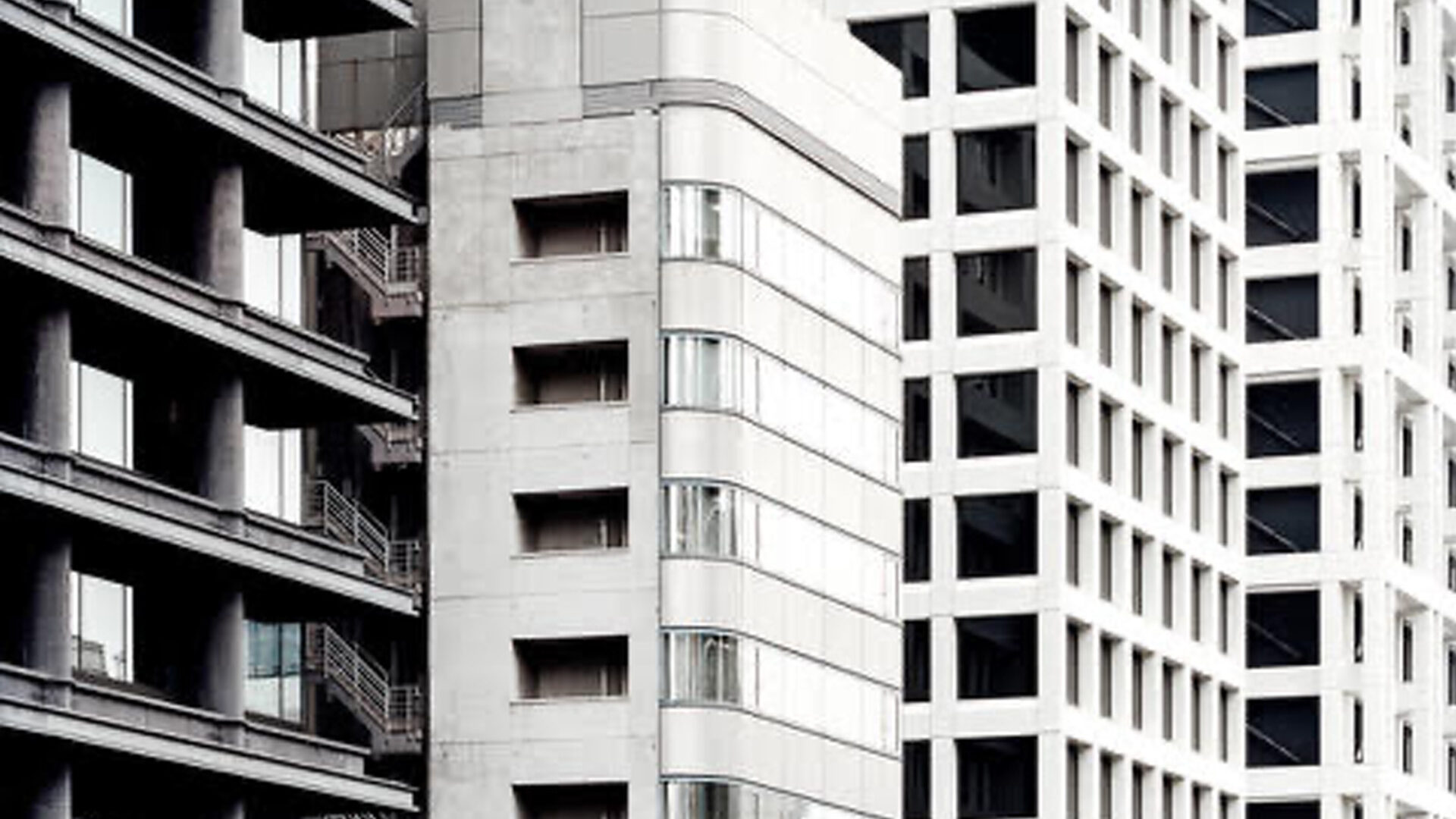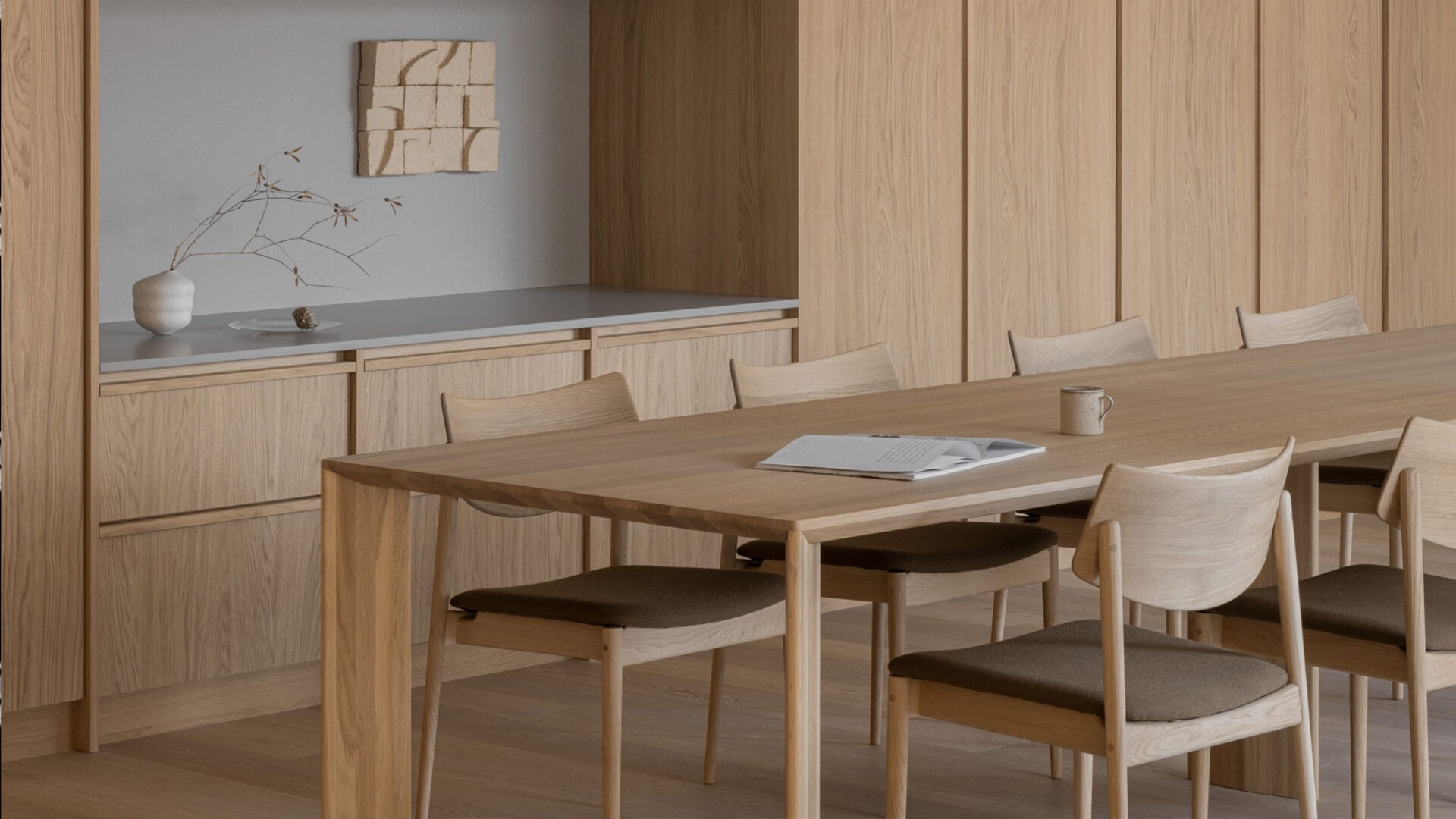

Tickets
Dates
Venue
Access
Accessible bathroom All gender bathroom Low sensory / relaxed Open captioned Seating availableThe exhibition Found In Translation features works of Melbourne-based photographer Rohan Hutchison, along with furniture pieces from Apato. The exhibition showcases objects and works influenced by Japanese culture.
Hutchison’s work captures the Japanese architectural infrastructure against the cultural, economic, and geographic backdrop. His photographs document various locations, ranging from snowy Hokkaido to typhoon-affected Tokyo. The body of work explores the constraints in building parameters and how they impact the aesthetics and longevity of permanent structures placed in the environment. Hutchison’s photos offer a meditation on the details of the built environment and their surroundings.
Apato presents furniture from the Karimoku Case Study and Ishinomaki Laboratory brands. Karimoku Case Study is a contemporary Japanese brand with shared design values that originated from admiration and love for serene beauty, material richness, and timeless appeal. The Case Study collections are brought to life by renowned architects through particular design projects. The story of each collection is presented through its native setting. Ishinomaki Laboratory was founded as a workshop for locals in Japan devastated by the 2011 tsunami. The community-run company has a thoughtful approach to design, striving to push the DIY concept forward and empower people while forming a basis for collaboration and resourcefulness.
The exhibition reflects on how the environment influences the design of objects and spaces. It celebrates the adaptability, resilience, and aesthetics in Japanese design and provides a platform for the exchange of ideas, cross-pollinating Japanese and Australian perspectives on design, and finding common ground to grow on.
As part of the exhibition launch, there is a panel talk with Japanese Architect/Designer Keiji Ashizawa.
Participants
Rohan Hutchinson is a photographic artist and designer whose work researches the transformation of space and our relationship with the environment, both built and the natural. Rohan’s work is an expanded practice, exploring the photographic image within gallery and publication settings, with the inclusion of event design. In 2020 Hutchinson founded acb press, an independent publishing platform set up to educate and create conversations around photo book publishing and design.
After graduating from Yokohama National University in 1996, Keiji Ashizawa spent the first ten years of his career working as both an architect and steel fabricator.
The unique skills and experience gained throughout these early years, including a valued understanding of materials, continue to influence his approach to design. Formed in 2005 by Keiji, Keiji Ashizawa Design is an architecture and product design studio based in Tokyo, Japan. The studio is comprised of both architects and designers, all bringing unique skills to the team. Through logical thinking and open-mindedness, the studio presents works of ‘honest’ design — simple, thoughtful and refined — derived naturally through the process of maximizing the potential of each material.
The work of the studio is based on the notion that the sharing of experiences is essential to the creative process, exercised through collaboration on many levels: internally amongst the designers, and in maintaining relationships with clients and other creative professionals to grow, learn and form an evolving dialogue of thought.
Dates
Tickets
Venue
Access
Accessible bathroom All gender bathroom Low sensory / relaxed Open captioned Seating availableThe exhibition Found In Translation features works of Melbourne-based photographer Rohan Hutchison, along with furniture pieces from Apato. The exhibition showcases objects and works influenced by Japanese culture.
Hutchison’s work captures the Japanese architectural infrastructure against the cultural, economic, and geographic backdrop. His photographs document various locations, ranging from snowy Hokkaido to typhoon-affected Tokyo. The body of work explores the constraints in building parameters and how they impact the aesthetics and longevity of permanent structures placed in the environment. Hutchison’s photos offer a meditation on the details of the built environment and their surroundings.
Apato presents furniture from the Karimoku Case Study and Ishinomaki Laboratory brands. Karimoku Case Study is a contemporary Japanese brand with shared design values that originated from admiration and love for serene beauty, material richness, and timeless appeal. The Case Study collections are brought to life by renowned architects through particular design projects. The story of each collection is presented through its native setting. Ishinomaki Laboratory was founded as a workshop for locals in Japan devastated by the 2011 tsunami. The community-run company has a thoughtful approach to design, striving to push the DIY concept forward and empower people while forming a basis for collaboration and resourcefulness.
The exhibition reflects on how the environment influences the design of objects and spaces. It celebrates the adaptability, resilience, and aesthetics in Japanese design and provides a platform for the exchange of ideas, cross-pollinating Japanese and Australian perspectives on design, and finding common ground to grow on.
As part of the exhibition launch, there is a panel talk with Japanese Architect/Designer Keiji Ashizawa.
Participants
Rohan Hutchinson is a photographic artist and designer whose work researches the transformation of space and our relationship with the environment, both built and the natural. Rohan’s work is an expanded practice, exploring the photographic image within gallery and publication settings, with the inclusion of event design. In 2020 Hutchinson founded acb press, an independent publishing platform set up to educate and create conversations around photo book publishing and design.
After graduating from Yokohama National University in 1996, Keiji Ashizawa spent the first ten years of his career working as both an architect and steel fabricator.
The unique skills and experience gained throughout these early years, including a valued understanding of materials, continue to influence his approach to design. Formed in 2005 by Keiji, Keiji Ashizawa Design is an architecture and product design studio based in Tokyo, Japan. The studio is comprised of both architects and designers, all bringing unique skills to the team. Through logical thinking and open-mindedness, the studio presents works of ‘honest’ design — simple, thoughtful and refined — derived naturally through the process of maximizing the potential of each material.
The work of the studio is based on the notion that the sharing of experiences is essential to the creative process, exercised through collaboration on many levels: internally amongst the designers, and in maintaining relationships with clients and other creative professionals to grow, learn and form an evolving dialogue of thought.



